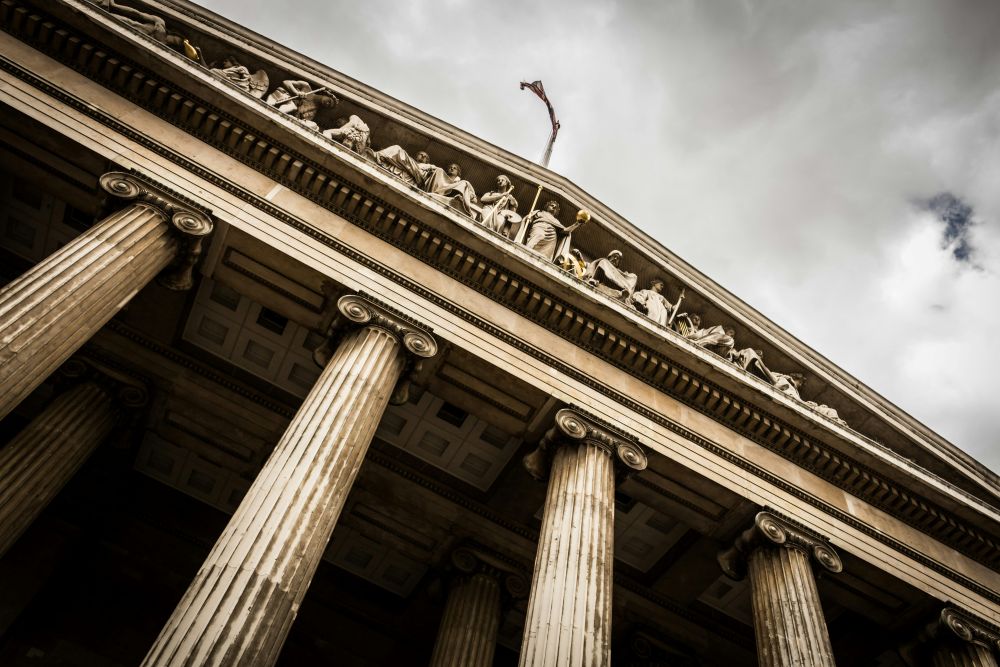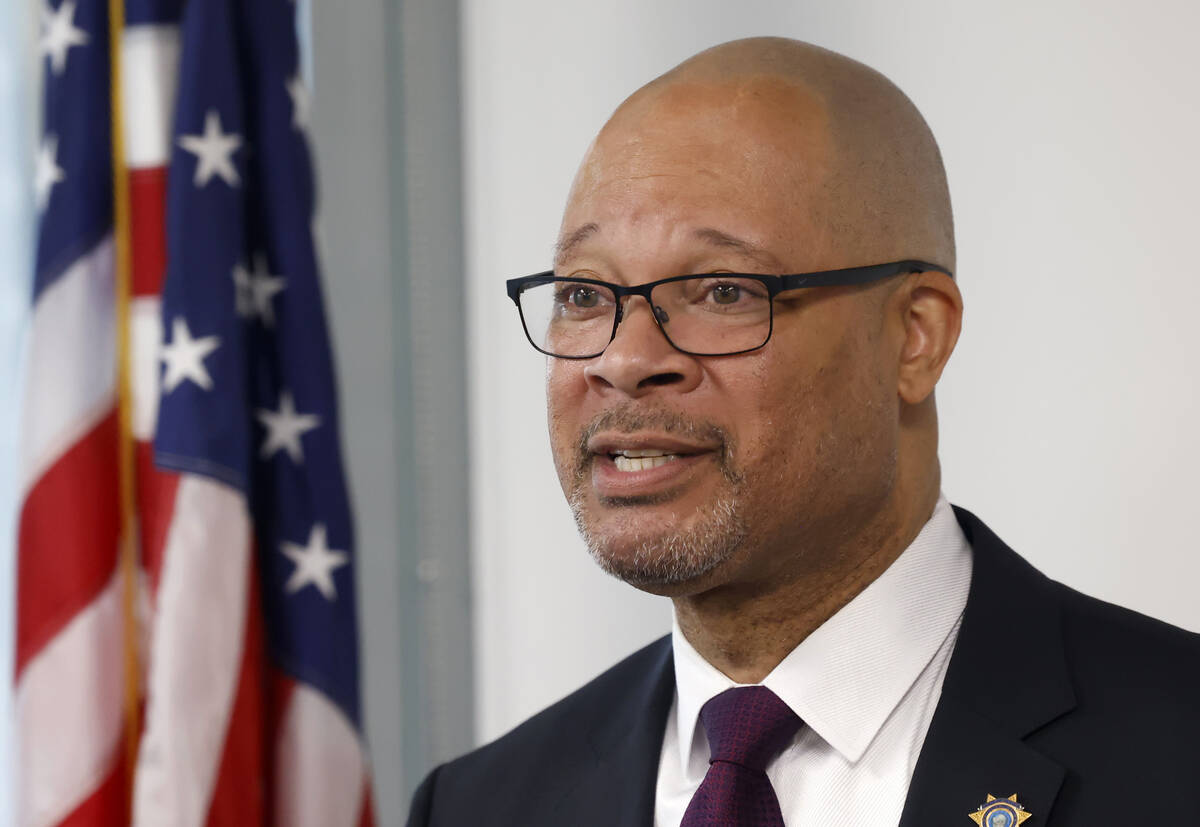Hawaiʻi is now a plaintiff in 16 of the more than 220 lawsuits filed in response to executive orders issued by President Donald Trump since he took office in January.
The flurry of orders from the White House in the first months of Trump’s second term are intended to reconfigure the role of the federal government across areas that include education, health, labor and the environment.
Many — including a freeze on various federal funds and grants — have the potential for significant impacts in Hawai‘i.
In a new database that will be updated regularly, Civil Beat is tracking all of Hawaiʻi’s lawsuits against the Trump administration.
Participation in the lawsuits is based on Hawaiʻi’s legal standing, and the degree of harm that the actions could cause, Hawaiʻi Attorney General Anne Lopez told Civil Beat Monday, which was determined through discussions with state agencies about their respective loss of federal funds.
Among the suits, Hawaiʻi is co-leading two pushing back on administration plans to dismantle the federal Department of Education and shut down other agencies including the Minority Business Development Agency and the Institute of Museum and Library Services.
Hawai‘i is also named as a sole defendant in preemptive litigation brought by the federal government ahead of a lawsuit the state filed Thursday alleging major energy companies engaged in deceptive conduct that contributed to a global climate crisis.
Hawaiʻi Solicitor General Kaliko Fernandes, who leads the AG’s appellate division, said that she was confident the state could successfully contest the lawsuit, which she called “borderline frivolous.”
Lopez said she was surprised that the administration had sought an injunction ahead of the state’s climate change lawsuit but that her department was prepared for the possibility of more preemptive lawsuits.
She said the department was so far handling the additional caseload in-house, but the AG’s litigation fund had been allocated an additional $4 million effective at the end of June, bolstering the $2 million approved in December.
The state is party to multistate litigation contesting the firing of federal employees, the activities of the Department of Government Efficiency, or DOGE, cuts to diversity and inclusion initiatives and an executive order targeting the 14th Amendment defining birthright citizenship.
Lawsuits involving attorneys general from multiple jurisdictions are a common strategy for consolidating resources when suing the federal government, and usually align along political party lines.
There are 23 Democratic attorneys general in office currently, but the North Carolina AG is prohibited from contesting any of Trump’s executive orders by the state’s Republican governor, Lopez said.
The volume of lawsuits from Hawaiʻi this year is on pace to eclipse those from the entirety of the first Trump administration, when the state signed onto at least 28 of the 156 multiparty lawsuits filed between January 2017 and January 2021.
Hawaiʻi was the sole plaintiff in only one case during Trump’s first term, over an executive order banning travelers from seven majority-Muslim countries from entering the United States.
It lost that case after the U.S. Supreme Court overturned a decision by the 9th U.S. Circuit Court of Appeals and upheld the third version of the travel ban.
During the Biden administration, Hawaiʻi filed one single-state case, and was party to two multistate lawsuits, according to data maintained by Marquette University.



